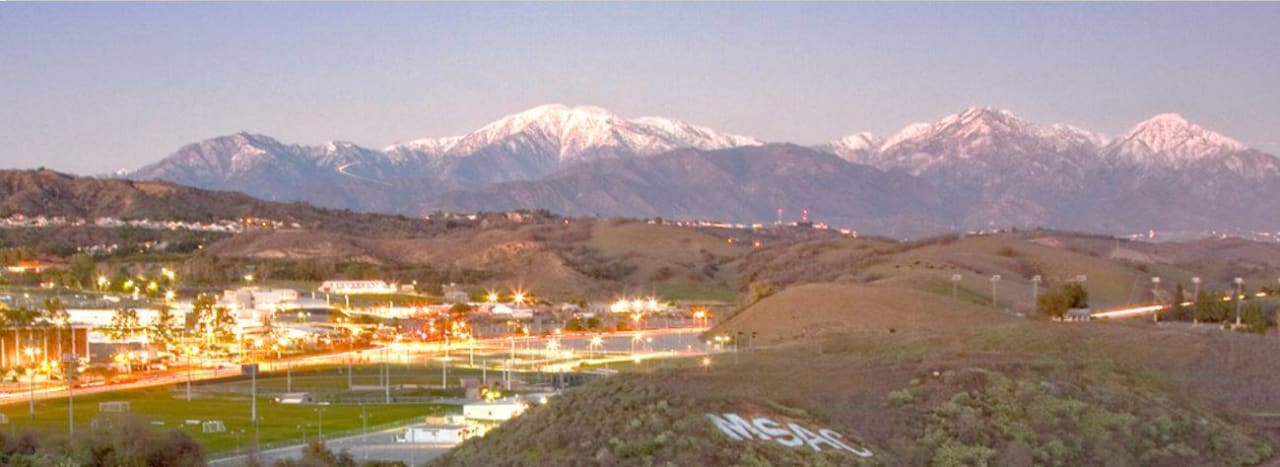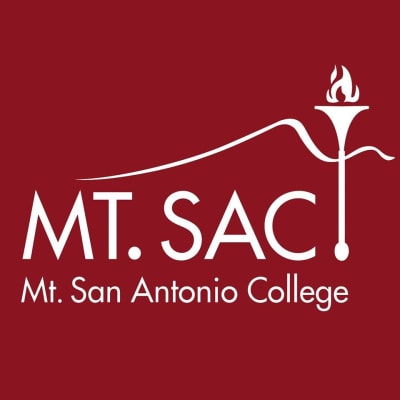
Associate of Science in Hospitality and Restaurant Management
Mt. San Antonio College

Key Information
Campus location
Los Angeles, USA
Languages
English
Study format
On-Campus
Duration
2 years
Pace
Full time
Tuition fees
USD 362 / per credit *
Application deadline
Request info
Earliest start date
Request info
* per unit out-of-state student tuition - $46/per unit California residents tuition
Introduction
This Associate of Science in Hospitality and Restaurant Management prepares students for mid-level or Manager-In-Training position in the hospitality industry. Students gain practical and management training in food safety and sanitation, food production, dining room service management, supervision, cost control, financial accounting, lodging management, and hospitality law. Students who successfully complete the requirements for this degree will also earn the Food Protection Manager Certification from the National Restaurant Association upon passing the ServSafe Exam. This program is designed to articulate with the Collins College of Hospitality Management at Cal Poly Pomona as well as other universities. Students planning to transfer should consult with the Hospitality Management Coordinator and Counseling to discuss transfer options.
This degree requires the completion of General Education coursework plus the following:
Work Experience
Title V of the California Education Code permits the college to extend the classroom beyond the campus to the workplace. Through the Work Experience program, students are provided with an opportunity to earn academic credit while gaining hands-on experience in their career-related fields under the guidance of industry professionals. Employers establish a cooperative relationship with the college, providing an opportunity to influence vocational education and address industry training needs. The instructor and the worksite supervisor act as “co-educators” to help the student define and achieve measurable learning objectives.
The Business Division currently offers Work Experience in the following disciplines:
- Accounting (including Finance)
- Administrative Assistant
- Business Management (including Human Resources)
- Child Development
- Computer Networking
- Computer Programming
- Computer Security
- Culinary Arts
- Family & Consumer Sciences
- Fashion Merchandising & Retail
- Hospitality & Restaurant Management
- Interior Design
- Marketing Management
- Nutrition & Dietetics
- Paralegal
- Web Programming
Students enrolled in Work Experience may earn one unit of academic credit for every 60 unpaid or 75 paid hours of work per term, earning 1 to 4 units per term.
Minimum Hours Required
| Units of Enrollment | Non-Paid | Paid |
| 1 | 60 Hours | 75 Hours |
| 2 | 120 Hours | 150 Hours |
| 3 | 180 Hours | 225 Hours |
| 4 | 240 Hours | 300 Hours |
A combined maximum of sixteen units of Work Experience may be earned during a student’s academic career.
Work Experience courses align with the term:
- Fall/Spring Semester = 16 weeks
- Winter/Summer Semester = 6 weeks
- Not all courses may be offered every term
Admissions
Program Outcome
Program Learning Outcomes
Upon successful completion of this program, a student will be able to:
- Locate a current hospitality job, write a report on the prospective employer, and write a cover letter and resume.
- Identify a recognized hospitality leader and accurately describe the type of leadership style adopted by this leader and the characteristics that made them successful.
- Determine the presence of a foodborne-illness outbreak.
- Identify foodborne pathogens, their sources, and resulting illnesses and symptoms.
- Differentiate between the various styles of service, including American (Pre-plated), English (Family), Russian (Platter), and French (Gueridon).
- Identify food safety and sanitation practices within a food service establishment.
- Plan a food production schedule and assemble the tools, equipment, and ingredients required to produce a recipe in an organized and efficient manner.
- Recipe knowledge, accuracy, and execution: Follow recipe procedures to produce food at the appropriate temperature, consistency, texture, flavor, and in a timely manner.
- Identify leadership styles and recognize successful motivational techniques.
- Analyze the operational and cost control performance of a restaurant.
- Conduct break-even analysis on a food & beverage facility and conduct cost volume analysis to determine the number of customers required to attain desired profits.
- Calculate the recipe cost of an entire menu.
- Analyze the popularity and profitability of a menu.
- Develop a business plan for a catering business and understand the enormity of planning for and opening a small business.
- Students will be able to meet with prospective clients and plan all elements of a special event.
- Develop an Income Statement (P&L) for a hospitality operation.
- Develop a Balance Sheet for a hospitality operation.
- Identify and differentiate the four sources of law
- Analyze a hospitality civil case and determine the facts, elements of negligence, possible consequences, and outcomes.
- Identify staffing needs for a hotel Front Desk based on occupancy, level of activity, and budget constraints.
- Establish room rates based on desired profits using the Hubbart formula.
- Develop measurable skill-based learning objectives, which they will attain at the end of their work experience period.
- Demonstrate proficiency of skills specified in the measurable objectives.